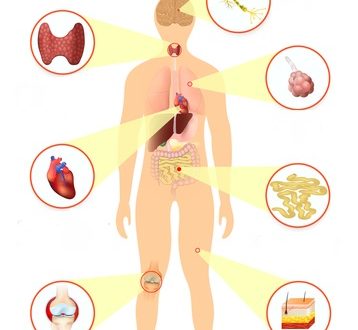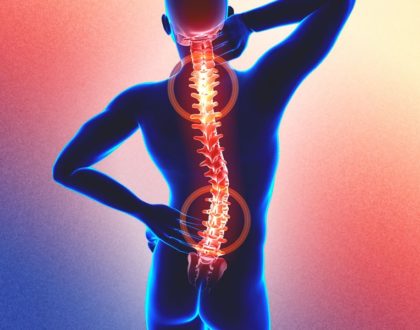Depression and Exercise

You may well be aware that exercise helps with symptoms of depression, but why and exactly how does it improve depression in those affected? Previous studies have shown that physical exercise can prevent or improve the condition of many diseases, ranging from diabetes and obesity to mood disorders and depression. But whether the improvement stems from cardiovascular effects, muscle conditioning, increased oxygenation, or psychosocial benefits has been unclear; until now.
Tryptophan, which is an amino acid and a precursor to serotonin, the feel good neurotransmitter in the brain, (whose modulation is the target of almost all anti-depressants), is converted to kynurenin (KYN) by the liver during times of stress. KYN is inflammatory, and can cross the blood-brain barrier. Inflammation in the brain correlates with higher levels of depression and schizophrenia; KYN contributes to brain inflammation.
Recent work from the Karolinska Institute in Sweden has shown that an enzyme in skeletal muscle (PGC-1a1) uses tryptophan, and KYN, and converts it to kynurenic acid (KA), and therefore less is converted to KYN. KA cannot cross the blood-brain barrier and therefore aborts that inflammatory signal to the brain!!
“Finding that certain aspects of muscle metabolism may be associated with the development of mood disorders adds to [an emerging] theme,”. “There’s a much more intimate connection between the mind and body than was previously appreciated.”
Far East medicine and philosophies have known about this connection for Millenia and continue treat this all important link between mind, body, and spirit successfully using acupuncture and herbal medicine.
Recommended Posts

Unlocking Relief: How Acupuncture Can Be Your Ally in Managing Chronic Conditions such as Pain, Anxiety, Low Energy, Insomnia, and so much more
May 12, 2025

Acupuncture for Stress and Anxiety
March 8, 2025


